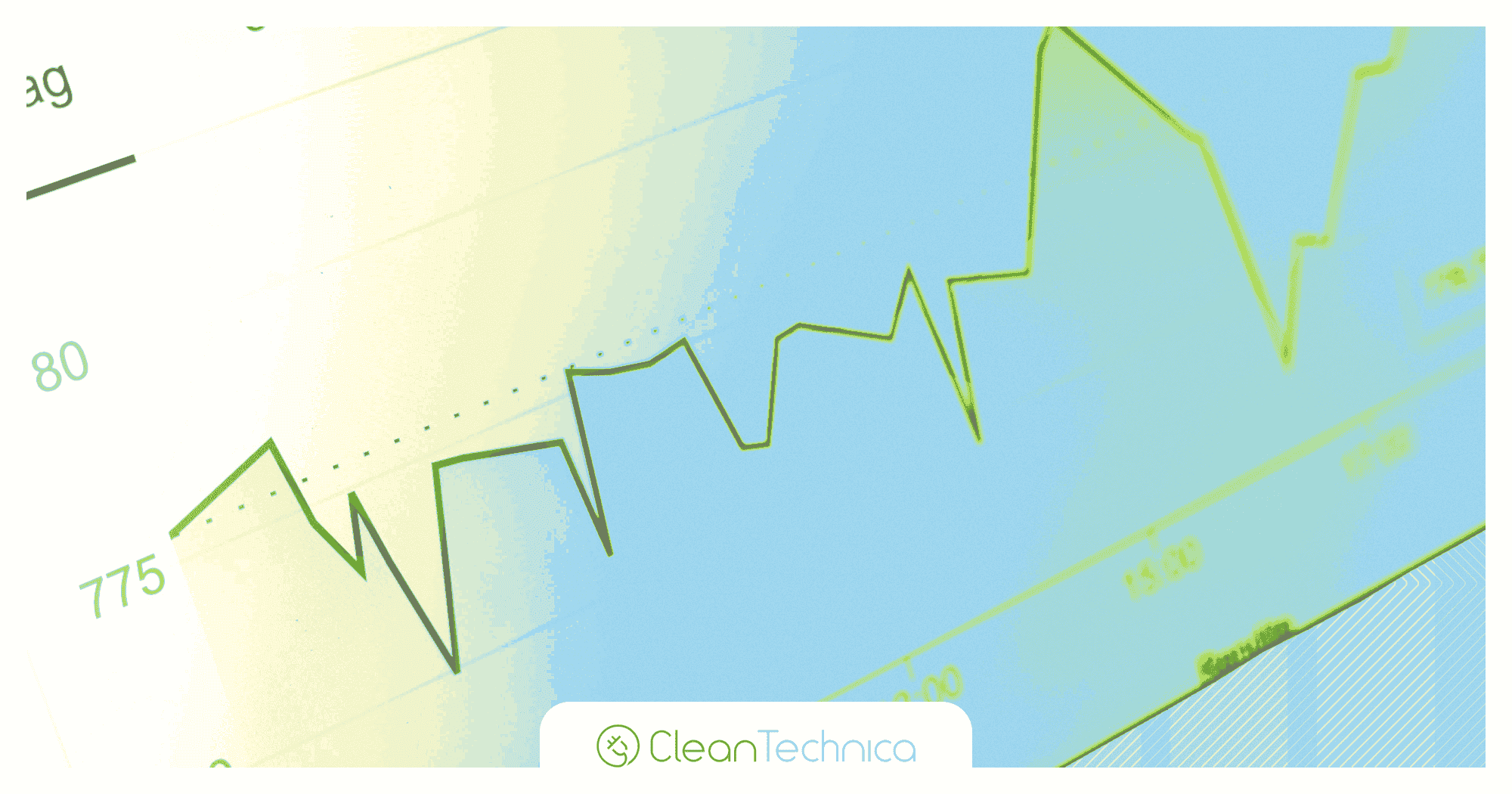For May 1-12, Nio was 5,600, Xpeng 2,800, Li Auto 10,800, Xiaomi 2,000, Tesla 16,900, and BYD 101,300 units.
The post China EV insurance registrations for week ending May 12: Nio 4,400, Tesla 9,800, BYD 68,500, Xiaomi 1,100 appeared first on CnEVPost.
For more articles, please visit CnEVPost.






 It has four motors, 579 hp, and an off-road heritage that goes back further than the Rivian R1S, GMC Hummer EV, and Tesla Cybertruck. With the electric version of its military-grade G-Class, Mercedes-Benz promises even more freedom from pavement than all those American-built flagwavers, and it does it all with batteries. And it’s a sort of...
It has four motors, 579 hp, and an off-road heritage that goes back further than the Rivian R1S, GMC Hummer EV, and Tesla Cybertruck. With the electric version of its military-grade G-Class, Mercedes-Benz promises even more freedom from pavement than all those American-built flagwavers, and it does it all with batteries. And it’s a sort of...